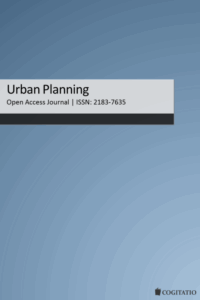Since the late nineteenth century, imperialism has come to refer to the extension and maintenance of a State’s power and influence over other States through trade, diplomacy, as well as military, economic and/or cultural dominance. The earliest systematic analyses of modern imperialism were written at the beginning of the twentieth century by critics rather than proponents of the policy. During the second half of the twentieth century the terms colonization and imperialism came to be used interchangeably. Attempts to generate solidarity between newly independent nation States as well as those struggling for national independence may provide a partial explanation. Over the course of the 1990s, “modernization” came to replace “capitalism” and “development” as a central preoccupation of scholarship on the Global South. This interest in modernization has also been accompanied by a focus on governance, law and rights.
Encyclopedia of Law and Development
Imperialism




